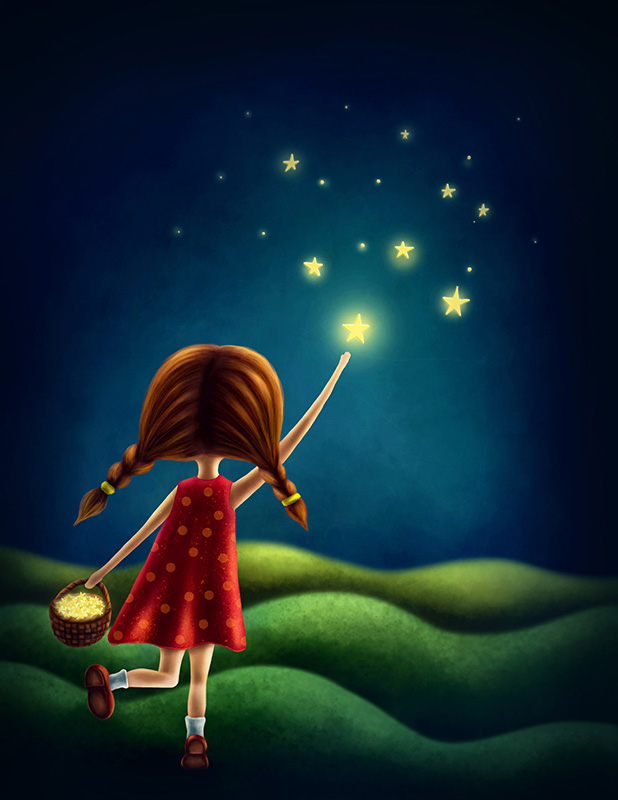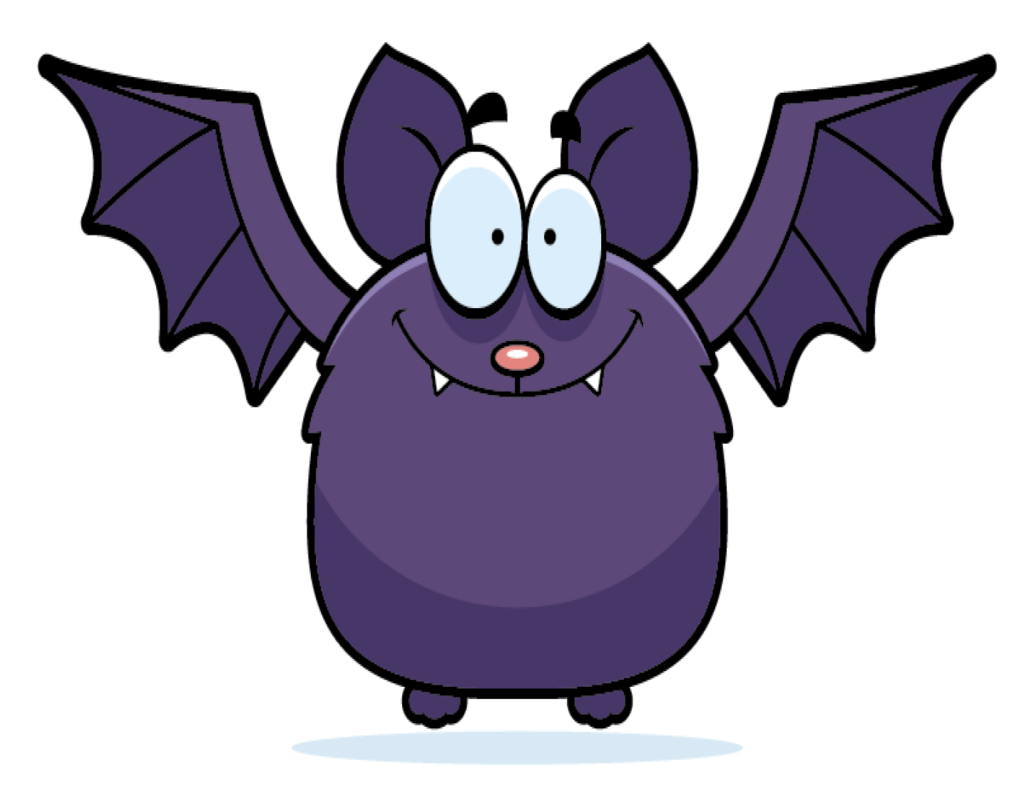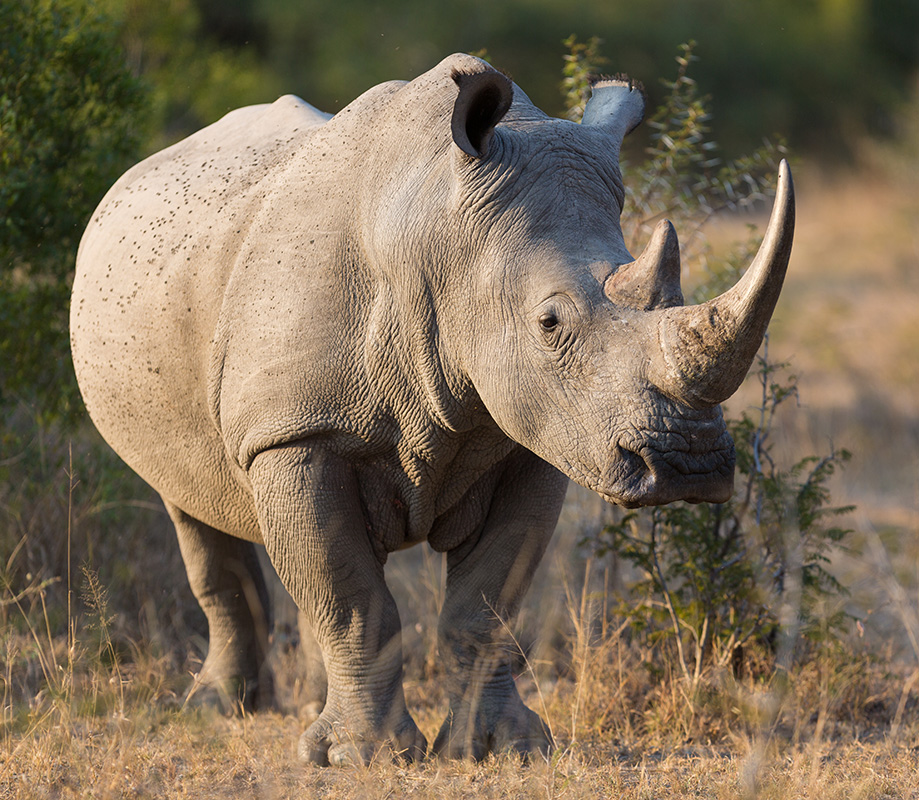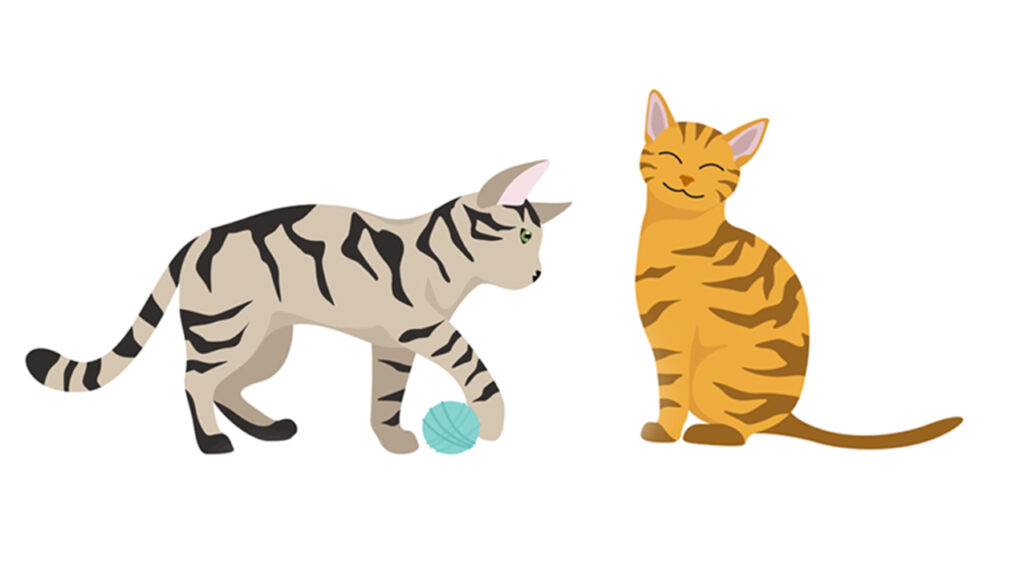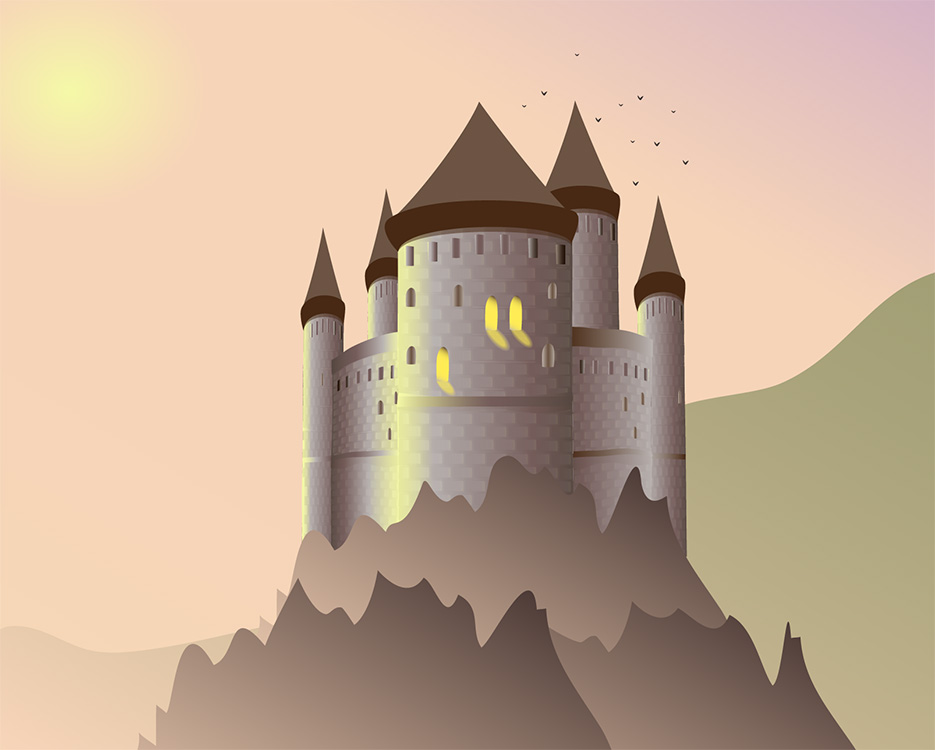by Holly Stacey –
It was another rainy day, but Elspeth didn’t mind. She never minded rainy days now especially as Emrys was always in good storytelling form.
For once, the kitchens were quiet and both Elspeth and Emrys were eating leftover jam tarts and drinking elderflower juice. The butler saw them but winked once at Emrys and left them alone.
“You know,” said Emrys, taking another sip of the drink, “this is really good. Though I’m used to it being a bit stronger where I’m from.”
“Stronger?” asked Elspeth. She imagined heavy bubbles so strong they burst inside your nose and made you sneeze. She kicked her feet out and looked at her high button boots. Mother wouldn’t let her run around barefoot anymore, not since she’d trodden on a bee and found out she’d been allergic. There were all sorts of medical discoveries coming out recently, but they still hadn’t found a cure for beestings.
Emrys giggled. “Mmm, it used to be fermented.”
Elspeth wrinkled her nose. “Ick! I can’t imagine that being any good.”
“I agree. This is much better,” said Emrys with a serious lilt to his voice. “But it does remind me so much of a story.”
At this, Elspeth bit the bottom of her lip in anticipation. Rain, jam tarts, elderflower cordial, and… an Emrys story. She couldn’t wait for him to continue.
“Anyway,” continued Emrys, putting his jam tart aside and looking wistfully out the window, “it was a story from Caledonia; a place now known as Scotland. A little girl named Briony wanted to catch a fairy…”
****
Briony looked into the smouldering fire and frowned. She’d waited patiently in every corner of the house, sat in the field at sunrise, noon and sunset, and now she was watching the embers of the fire—looking for a fairy.
“Faeries can na’ be caught,” her grandmother had said, “they can only be appreciated.” Briony’s grandmother left a bowl of milk out every night for the faeries, and she seemed to know an awful lot about them. “Sometimes they appear as a shimmer of lights, other times as a winged wisp from the corner of yer eye. Some, aye, sometimes they appear to help in time of most need.”
“When will that be, Grandmother?” Briony had asked. But Grandmother only winked and said, “You’ll know.”
Briony didn’t want to wait. She wanted to see a fairy and catch one. She didn’t know what she wanted to do with it, but if she could just SEE one, then maybe she’d know.
The fire continued to smoulder and the embers just looked like embers, not anything like salamanders or little creatures with wings. Sighing, she flumped back onto her sheepskins and looked at the roof. The roundhouse was always a little smoky – but her father said it was good to keep the bugs out. Father was good at things like that. It was important to know lots of things when you were chief.
Stepping out of the roundhouse, Briony pulled her cloak tight around her. The evening held hints of red in the sky – another village miles away was burning. There was a bustle of feet around her and both the men and women were grabbing weaponry. Her aunt rushed past her wearing blue paint on her face and holding a sword.
“Are we going to war?” asked Briony. She was used to seeing small skirmishes with the neighbouring tribes, but this seemed to be more serious. Her aunt had never joined in battle.
“Aye, Briony. Take the youngsters and hide in the cairn up the hill. Roman soldiers have landed.”
Briony’s blood ran cold. She’d heard stories of Romans. Yes, the village traded goods with them – sometimes father would send sacks of grain across the seas in return for gold or wine. But soldiers? When they landed, the fields and seas ran red. Shivering, she gathered all the children from their houses and led all twenty of them up the hill toward the cairn, a stone-lined burial chamber dug into the hillside. Briony was not the oldest; at nine, she was a good three years younger than the eldest child in the group. But being the daughter of the chief meant she had the responsibility while her brothers were out fighting. If she were fourteen, then she too would be old enough to pick up arms. In Caledonia men and women were equal in every way.
“Get inside,” she said, trying to sound calm. Her older brothers were already running toward the beach, swords in hand, ready to fight. She could see them from the hill – and the five boats carrying Roman soldiers. Even with the clouds overhead, their polished bronze armour and helmets glittered.
Each boat held more than thirty soldiers. She knew also that each soldier was highly trained. While only the chieftain and a handful of others could afford swords, the rest of their village had to use whatever was at hand—farming tools, long fighting sticks called staves, and often they fought with no armour. Each Roman held a sword, helmet, and wore armour. Their village was outnumbered and the soldiers seemed to know it.
Panic overwhelmed Briony. “Go, hurry!” she said, trying to get the younger ones inside and settled. “It’s cold; I’m hungry; I’m scared…” All their voices blended into the fears Briony was already feeling. The cairn was long and cool – it stayed the same temperature no matter what the weather. Most importantly, it couldn’t burn.
“I’m going to help,” she said to Thorn, one of the older boys who was just one season too young to fight. “Watch over them, pull the stone across, and don’t come out until morning!”
She didn’t wait for him to respond. It was her duty to watch over them, but she knew what she needed to do. She was going to ask for help.
She ran quickly through the heather, her bare feet hardly touching the ground. Faster, faster, she said to herself as she ran. With each passing second, the Romans came closer. She came next to the stream. It was just a trickle now, she was gratefully aware as she jumped across in one leap. Had it been the rainy season, she’d have needed to swim. Her side ached from the running and sweat plastered her hair to her forehead, but finally, she reached the circle of stones.
The stones had been there for longer than anyone could remember and when a druid visited, he or she would go to the stones. Everyone knew they were special—magic. Briony didn’t know what to do there, but she just KNEW something would happen. She had to try.
The stones towered over her blonde head and she craned her neck to look up. Stepping inside the circle, the air seemed different, more still. There were twelve stones in all, called Giants by her grandmother. And Briony could see why. Each seemed to have its own personality and energy, but when she was in the center, they all hummed together with magic.
She knelt on the patch of moss. “Please, please send help,” she said. “My father and our people are going to be killed by Romans. Please…” She kept repeating it, her eyes closed and her fists clenched. She didn’t know what she was doing. Instinct was taking over and now she knew what her grandmother had meant when she’d said Briony would ‘know when the time was right.’
Something was happening around her but she didn’t open her eyes. The air that had once been still was now beginning to gently blow her hair. “Your wish,” something whispered in her ear, “is granted, granddaughter of Rowan.”
Briony opened her eyes. Her heart skipped a beat. Right in front of her, gleaming in white robes and surrounded by golden shimmers, was a fairy. And she wasn’t small or dainty; she was six feet tall, wore a golden circlet around her head, and glowed. A warm comforting feeling surrounded Briony, and the fairy kissed her on the forehead.
Then, the fairy lifted her arms and the ground began to quake. Gently at first, but then with a fast rumble. From the stream, a long glide of fog rolled out toward the shore where the Romans were landing.
Briony didn’t wait. She rushed down the stream, following the path the warriors had marched earlier.
She heard the battle cry of her people, led by her father. She could see them running at full speed down the last of the hill. It was the traditional way of attack – most of them had put Lyme in their hair to make them look like ghosts and painted intricate symbols on their exposed skin. But the Romans were used to this. They marched into tortoiseshell position, creating a giant shield that no sword could cut. Then the archers pulled their bows from the back line and fired.
“Noooo!!!” shouted Briony, but someone put their hand around her mouth and pulled her into the bramble bushes.
“Quiet, little one. And watch.” Briony felt her body relax. It was her grandmother. She’d been watching from a safe distance.
The arrows that should have landed never did. The mist surrounded the Caledonian warriors like a sheep’s wool, and the arrows just vanished. The warriors went quiet, but for one voice: Briony’s father spoke. “We’ve been blessed by the Fae, defend our land and fight!”
Briony could no longer see anything, but she could hear the clash of swords below and the shouts of the Romans. She didn’t know any Latin, but from the tone, they knew the tide had turned on them. They were starting to retreat.
The air around Briony and her grandmother changed, similar to like it was in the stones. Briony’s grandmother gripped her by the shoulder. “The lady approaches,” she whispered. Sure enough, the tall fairy that Briony had seen at the stones was now standing before them, nodding her head toward Briony’s grandmother.
“They will not return,” the fairy said, “they will try many times, capture the south, build a wall twice over, but they will never bind Caledonia.” And with that, she shimmered away with a beautiful tinkling of bells. The fog lifted and Briony gave out a little scream.
All she could see was her father and the other warriors looking around for someone to fight. The Romans, their boats, even their shiny armour, had all vanished.
Briony’s aunt put her hand on the chief’s shoulder. “Magic?” He nodded his head. “But scour the beach just in case. Who knows what sort of tricks the Romans can play.”
“Shouldn’t we tell them what happened?” Briony asked her grandmother. But Grandmother just shook her head and smiled to herself. “Just our secret,” she said. “Warriors can na’ always count on faeries.”
****
“And so,” went on Emrys, “Scotland was never captured by the Romans. They tried of course, but things always went wrong. In the end, Emperor Hadrian built a wall to keep them out of Roman Britain and then pretended the Caledonians didn’t exist, but that was long after Briony had found her fairy.”
“How odd!” said Elspeth when Emrys had finished. “I thought faeries were small things.”
Emrys laughed. “Some are small, some are large, some eat you up!” He made a growling noise and picked up another jam tart, gobbling it like he were a monster.
“Are there many scary faeries then?” Elspeth asked, awed.
“Oh, yes, but none was as scary as…”
Cook burst into the kitchens. “There you are! Out! Out into the grounds. It’s stopped raining and you’ve eaten far too many of my jam tarts!”
Emrys looked at Elspeth with a twinkle in his eye. “I’ll tell you THAT story another day!”
the end.
Question Time
- What did Briony want more than anything?
- What happened in her village?
- How did Briony’s people win the war?
- What became of Scotland?

